Introducing the Department of Electrical and Electronic Engineering first-year teaching team
Meet the Department 23rd November 2023
In this post, we introduce you to the lecturers that will be teaching all of the first-year course units.
For an overview of the course content for year 1, please click here
Electronic Materials
Taught by Dr. Jessica Boland and Dr. Huanqing Ye
Summary of the course unit:
This course will introduce the importance of electronic materials and nanotechnology in today’s society. You will ‘build’ an electronic material – starting from a single atom up through to using that material in a device. The course will explain how insulating, metallic, and semiconducting properties arise in solids and how these solids can be engineered to produce desired electrical properties within a device (e.g. solar cells, light emitting diodes).
Find the course unit details here
About the lecturers:
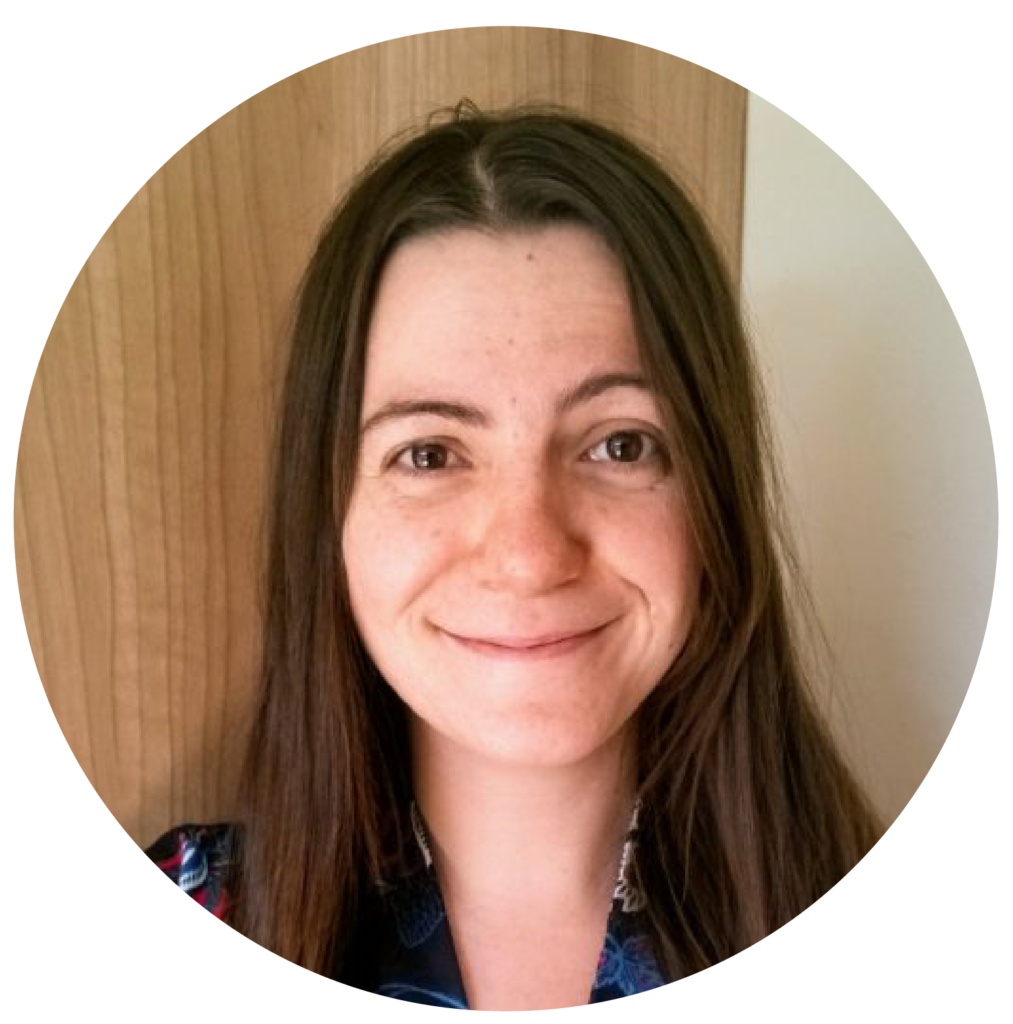
“I am interested in new nanomaterials, such as topological insulator, 2D materials, and semiconductor nanowires, that have the potential to make devices smaller, faster, smarter, and most importantly energy-efficient! My research uses terahertz radiation to image these materials and map their conductivity in 3D to feedback information about their performance within a device.”
Dr. Jessica Boland
Click here for Dr Jessica Boland’s research profile
Read more about Jessica’s work
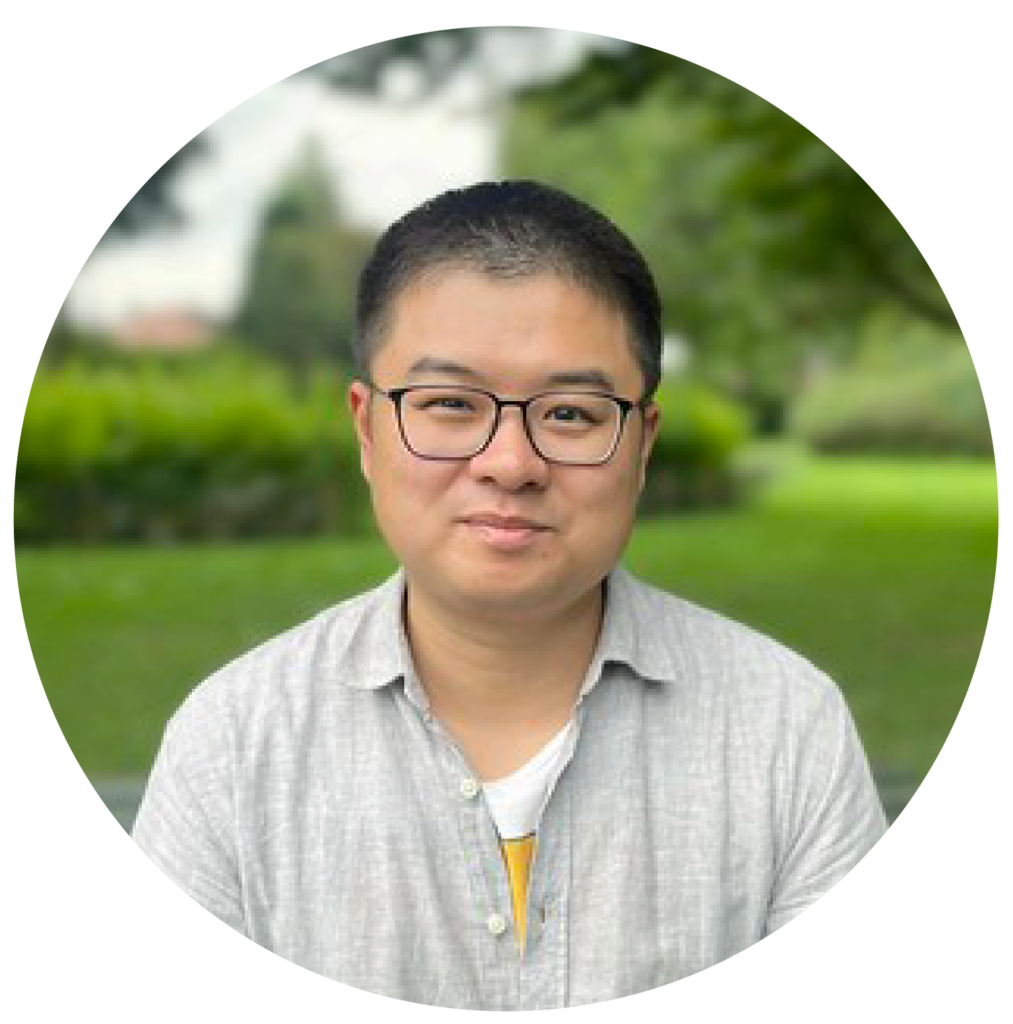
“I am Dr Huanqing Ye, and I am a Dame Kathleen Ollerenshaw fellow researcher in the Department of Electrical and Electronic Engineering. My current research interest is studying photonic materials’ optical and electronic properties and developing compact devices including hybrid silicon lasers, quantum memories, and efficiency-breakthrough photovoltaic applications.”
Dr. Huanqing Ye
Click here for Dr. Huanqing Ye’s research profile
Circuit Analysis
Taught by Dr. Ognjen Marjanovic and Dr. Qi Li
Summary of the course unit:
Circuit analysis is the course unit that is essentially focused on modelling electrical and electronic systems and their representation using a combination of relatively simple circuit components, namely voltage source, current source, resistor, inductor, and capacitor. This course unit underpins a large number of other units that you will be taught within the Department of EEE since it teaches you the skills to be able to model and then analyse almost any electrical and electronic circuit. In this course unit you will learn how electrical and electronic systems behave when subjected to constant voltages/currents (DC Circuit Analysis), sinusoidally varying voltages and currents (AC Circuit Analysis), and voltages and currents of arbitrary shape (Transient Circuit Analysis). In this course unit we will also touch on some more general system analysis methodologies such as Superposition Principle and Fourier Analysis and try to go beyond the modelling of only electrical systems by encompassing a much more general class of all physical systems.
Find the course unit details here
About the lecturers:

“I joined the Department of EEE in August 2006 and have been teaching Circuit Analysis course unit ever since September 2011. My work is centred around mathematical modelling of physical systems. These could be electrical power systems, or chemical processes or mobile robots. Mathematical models allow me to capture the relationship between system’s inputs and outputs so that I can design automatic control systems that ensure outputs of system that I am trying to control follow certain specified set points. So for example, in the case of electrical power systems, it is paramount to ensure that the variables such as voltage, current, and frequency are controlled to follow their reference values. There are generally two different approaches to modelling of physical systems: the so-called mechanistic approach that relies on first-principle laws of physics; data-driven approach that utilises data collected from a given system in order to identify relationships between inputs and outputs by means of applying statistical modelling. As mentioned before, I am also involved in the design of automatic control systems that utilise feedback information from the outputs in order to compute appropriate input values to appropriately control a given system. This field of automatic control is fascinating and all-encompassing with concepts that transcend the standard division of systems into electrical, mechanical, chemical, biological, etc. I would argue that it is the most conceptual sub-discipline of engineering with the most wide-ranging application area.”
Dr. Ognjen Marjanovic
Click here for Dr. Ognjen Marjanovic’s research profile
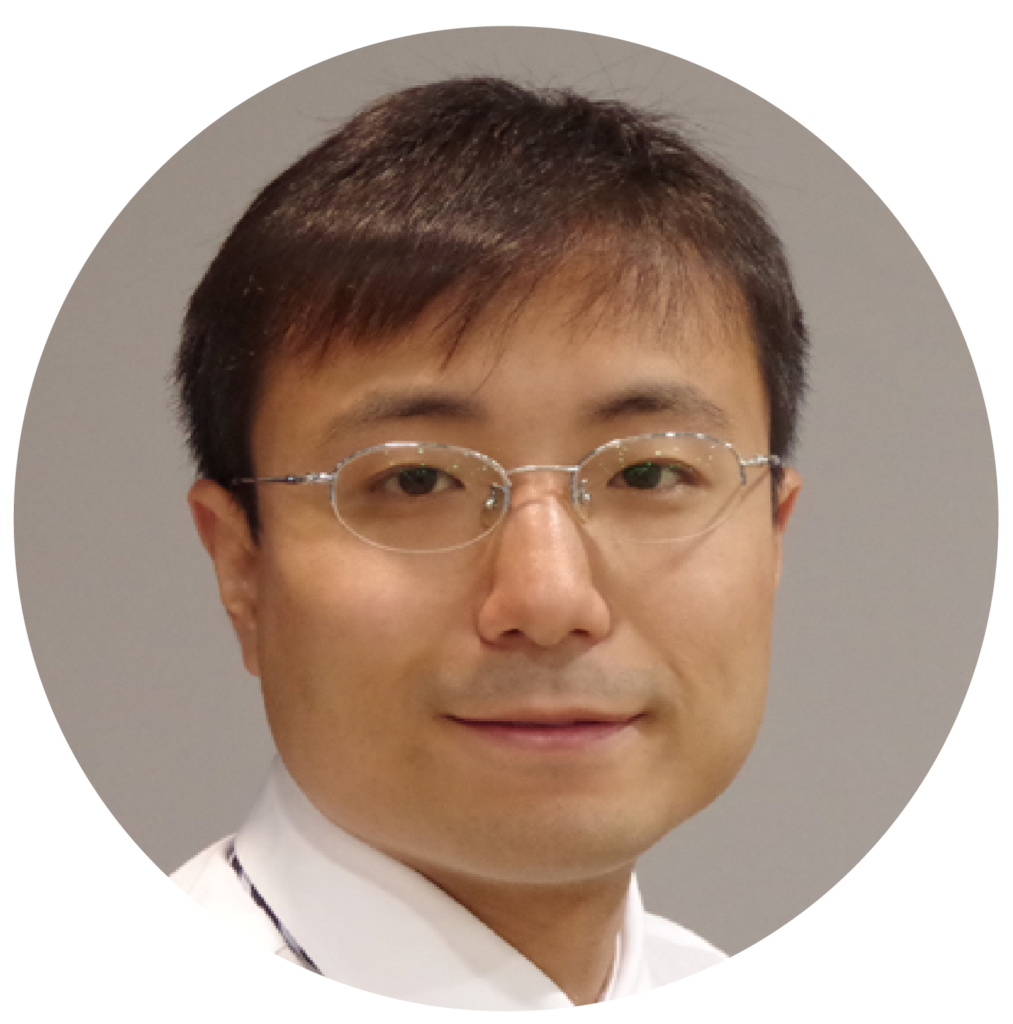
“I am currently a Dame Kathleen Ollerenshaw Fellowship in High Voltage Group at the University of Manchester, I used to work for National Grid UK, Chongqing University in China. My research interests include reliability for solid dielectrics, advanced UHV/EHV electricity transmission line optimisation for future Net-zero power systems, electromagnetic environmental emissions from UHV/EHV transmission lines, and the application of artificial intelligence into future power systems. Within academia and industry, I have led around 20 research projects with a wide range of topics on power industry I received an IET Innovation Award in 2015.”
Dr. Qi Li
Click here for Dr. Qi Li’s Marjanovic’s research profile
Digital System Design I
Taught by Dr. Sareh Malekpour
Summary of the course unit:
In an era where technology permeates every aspect of our lives, understanding Digital System Design (DSD) means to control the creative force that powers our daily devices. Learning DSD equips students to grasp the fundamentals of creating efficient and optimized electronic circuits, paving the way for innovations in technology and advancing the digital landscape. This unit navigates through the foundational principles of digital electronics by introducing essential terms like digital, analogue, electronic systems, Number Systems, Boolean Algebra, Karnaugh maps, Flip-Flops, and Finite State Machines. students will apply their knowledge by utilizing an NI myDAQ™ data acquisition device to conduct practical experiments in the lab and implement their learning.
Find the course unit details here
About the lecturer:
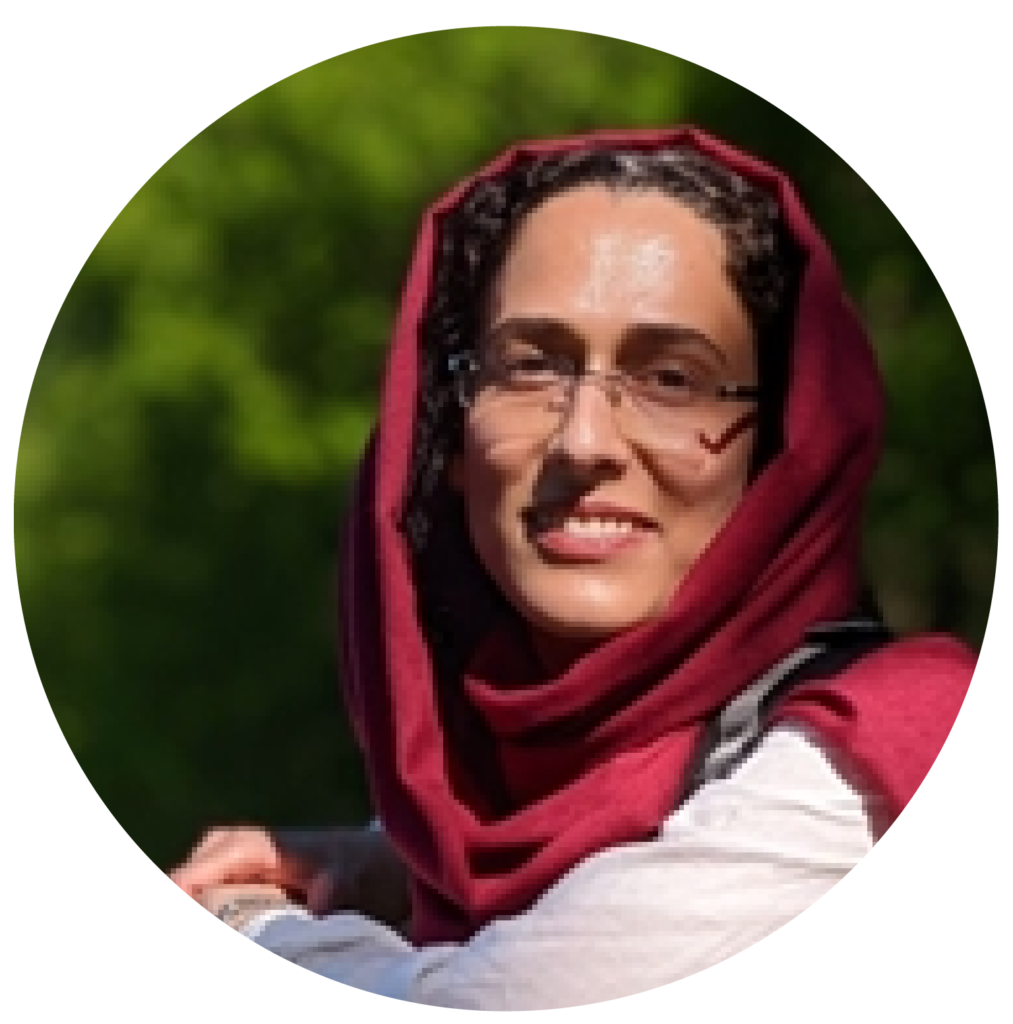
“I am Dr. Sareh Malekpour, a lecturer at the Department of Electrical and Electronic Engineering since 2019. I come from an Electronics Electrical Engineering background, holding an MSc in Medical Electronics and Physics. My PhD (Development of a novel deep brain stimulation device and its application to focused medial temporal lobe stimulation: Construction and initial proof of principle) focused on creating a groundbreaking deep brain stimulation device, specializing in applying electromagnetic principles in the radio and microwave frequency band. This project was a collaboration between Psychology and Electrical and Electronic Engineering Departments at UoM with sponsorship provided by the Psychology Department.”
Dr. Sareh Malekpour
Electronics Project
Taught by Dr. Cheng Zhang
Summary of the course unit:
The Electronics Project will introduce you to the fundamentals of electronic engineering with a strong focus on the practical elements. We’ll teach you how to solder circuits and interpret their schematic diagrams, then how to systematically test them and identify if there are any faults. We’ll also introduce how circuits are physically designed and fabricated using a range of CAD packages.
Find the course unit details here
About the lecturer:
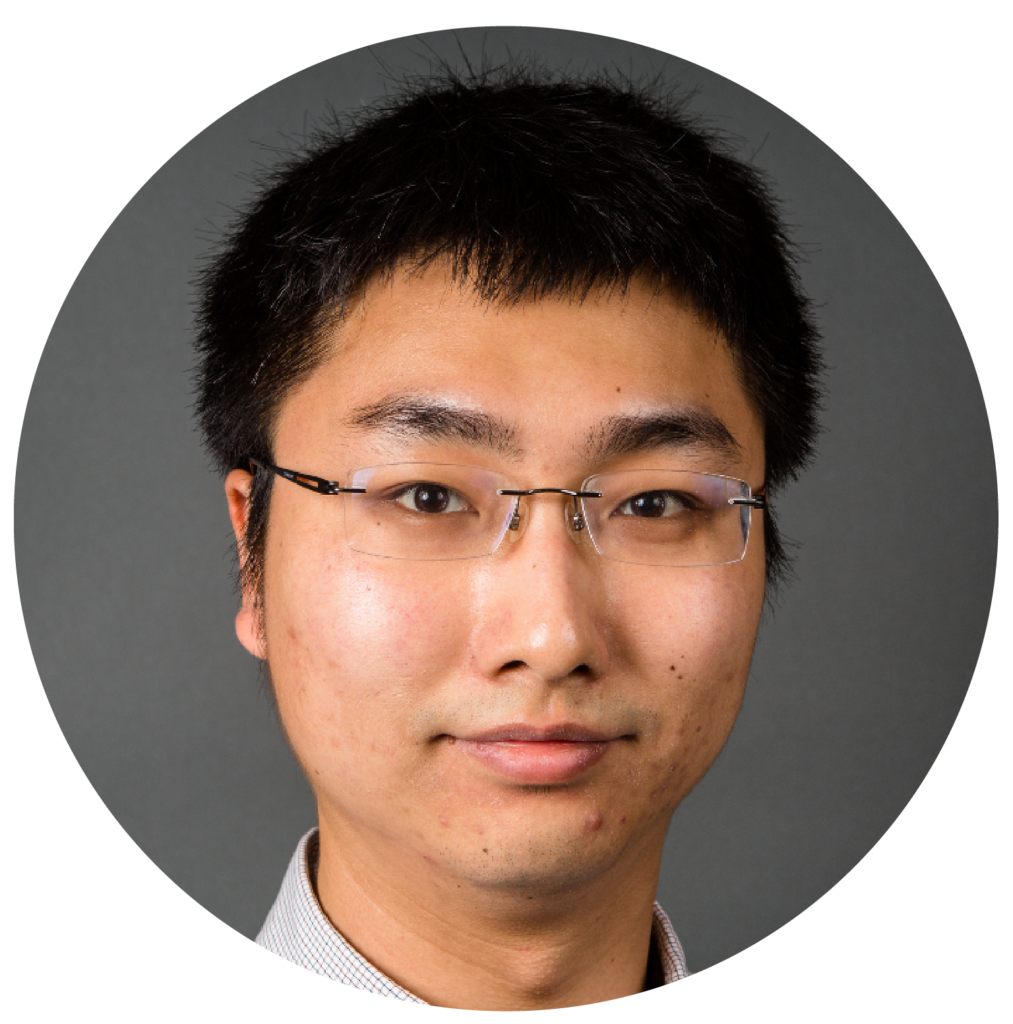
“My research focus including automated PCB design for power electronics circuits, design and optimisation of wireless power transfer systems, and high energy density power converters.”
Dr. Cheng Zhang
Click here for Dr. Cheng Zhang’s research profile
Measurements & Analytical Software
Taught by Dr. Paul Wright
Summary of the course unit:
This unit aims to introduce students to the basic theory and practice of electronic measurement. Students will learn about the tools used by electrical & electronic engineers to measure electrical quantities. They will also see how other physical quantities, for example, temperature, can be represented as electrical signals, enabling their measurement. Students will develop a customised measurement system using an NI myDAQ™ data acquisition device, which they will program using the LabVIEW™ language.
Find the course unit details here
About the lecturer:
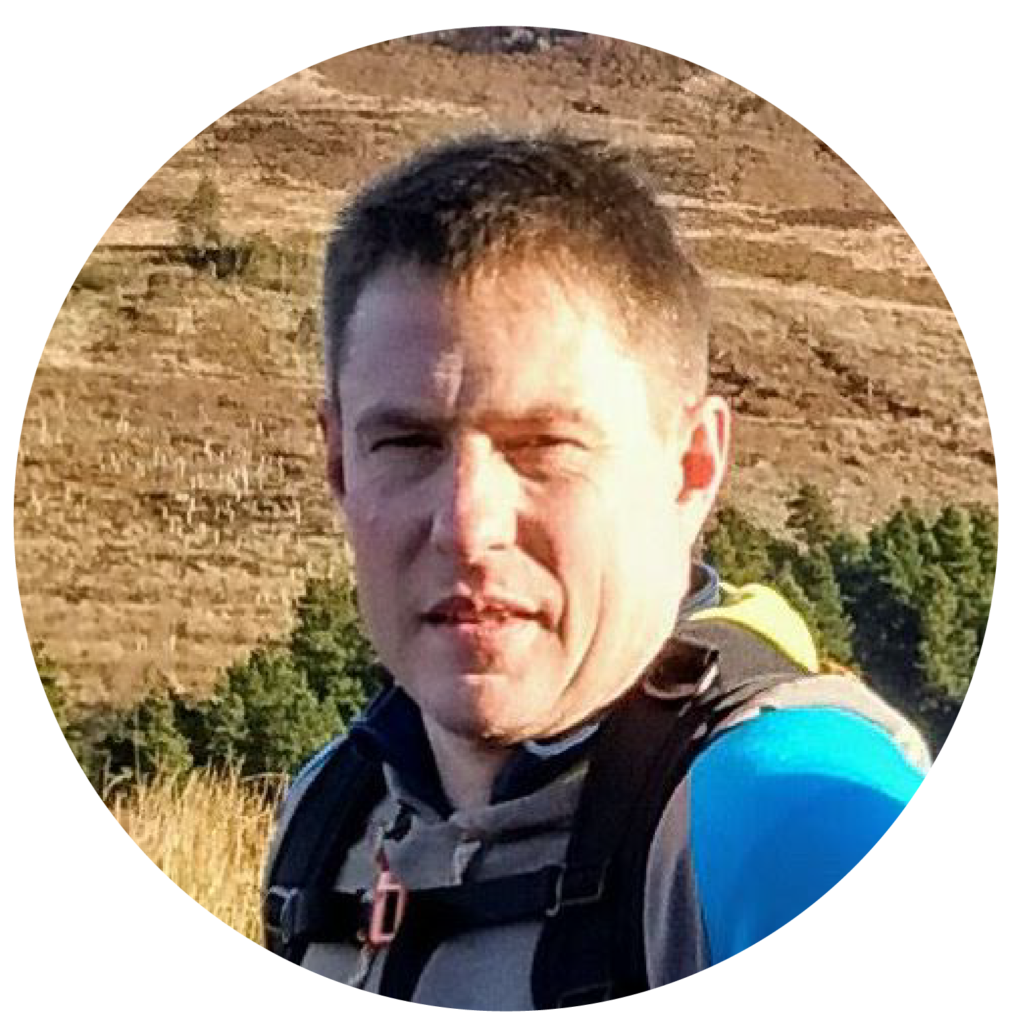
“I have worked in sensing and measurement throughout my career, in both industry and academia. My work involves the development of electronic instrumentation to address measurement challenges in areas including healthcare, aerospace, and chemical analysis. My research is highly interdisciplinary and often involves working at the interfaces between electronic engineering, physics, and mechanical engineering.”
Dr. Paul Wright
Click here for Dr. Paul Wright’s research profile
Microcontroller Engineering 1
Taught by Dr. Samuel Walsh
Summary of the course unit:
We will learn how microprocessors work, how to control hardware using microcontrollers, and even how to program them in machine code.
Find the course unit details here.
About the lecturer:
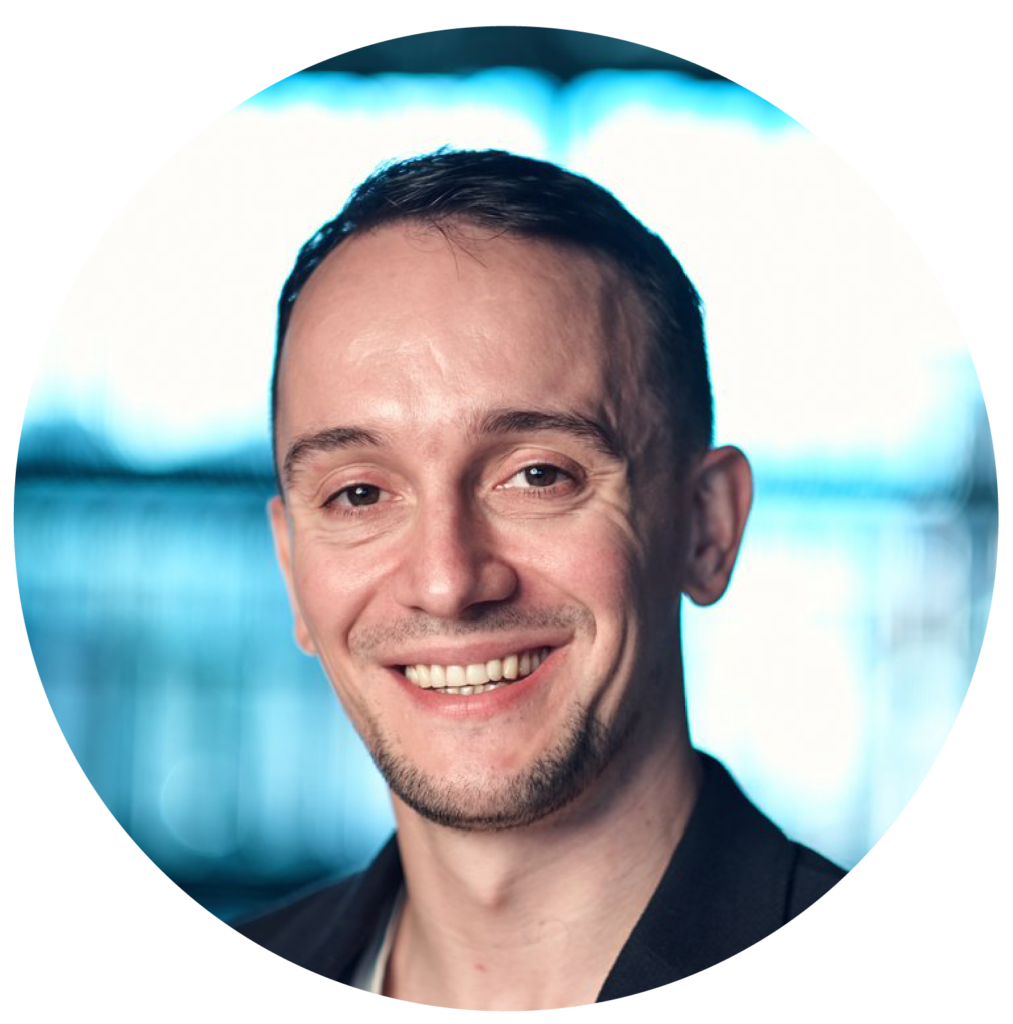
“I am a lecturer in Embedded Systems. My work interests are in embedded systems design, PCB design, microcontroller engineering, and IoT systems. I am also involved in robotics and drone battery management projects.”
Dr. Samuel Walsh
Energy Transport and Conversion
Taught by Prof. Qiang Liu and Dr. Mahdieh Sadabadi
Summary of the course unit:
The overall aim of the Energy Transport and Conversion module is to introduce key concepts in energy systems, power conversion technologies, and their current and future applications. The module provides students with an introduction to power systems structure and power conversion systems as well as a technical understanding of modern power systems including renewable sources of energy and electrified forms of transport.
Find the course unit details here.
About the lecturer:
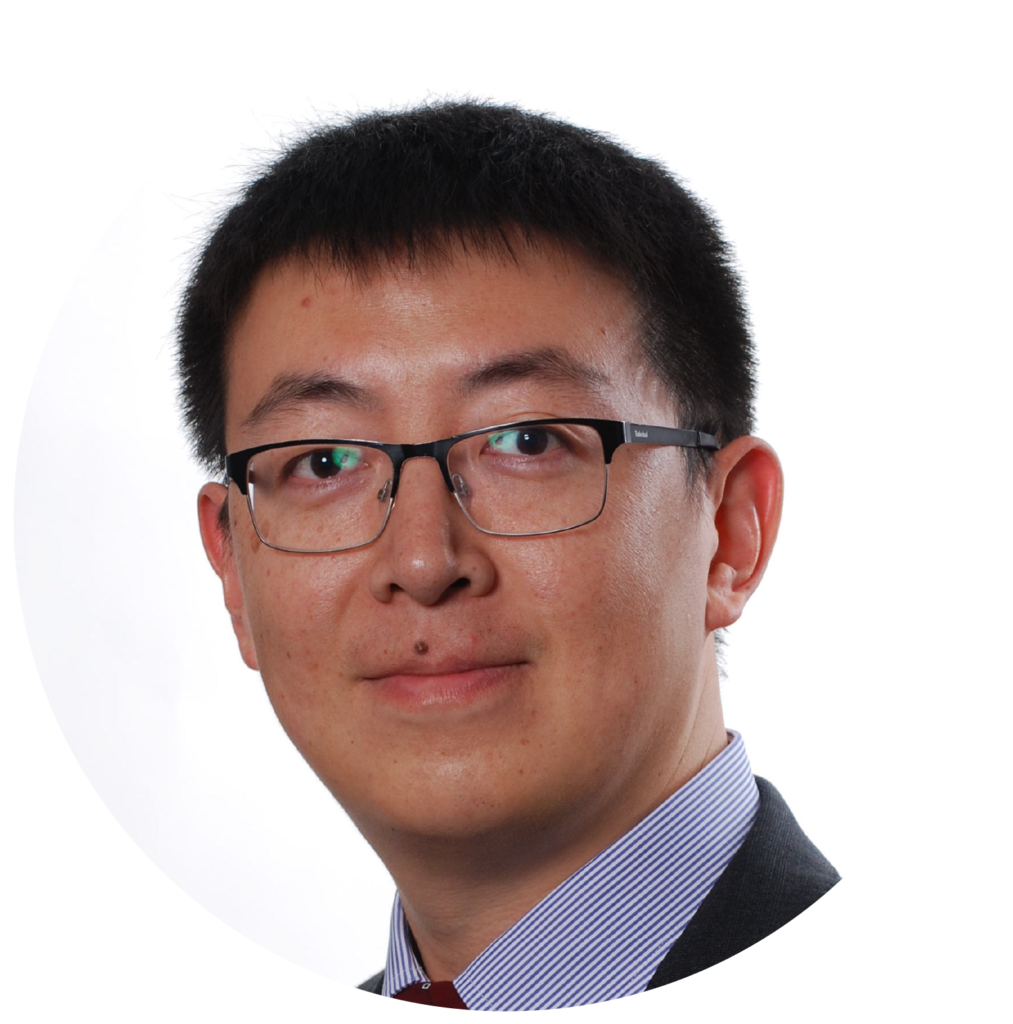
“Professor of High Voltage Engineering. Research Areas: High Voltage Engineering, Transmission and Distribution Equipment, Insulation Materials.”
Prof. Qiang Liu
Click here for Prof. Qiang Liu’s research profile

“Lecturer in Power Systems. Research Areas: Advanced Control Systems, Power-electronics-based Power Systems, Cyber-Physical Systems.”
Dr. Mahdieh S. Sadabadi (she/her)
Click here for Dr. Mahdieh Sadabadi’s research profile
Electromagnetic Fields
Taught by Prof. Zhirun Hu
Summary of the course unit:
This course is arguably one of the hardest modules in your first-year study. It will introduce the fundamentals of electromagnetism. You will study fundamental concepts and laws, such as Gauss’ law and Faraday’s law, of electromagnetic fields and apply these concepts and laws to solve ‘simple’ field problems such as calculating resistance, capacitance, and inductance from first principles.
Find the course unit details here
About the lecturer:
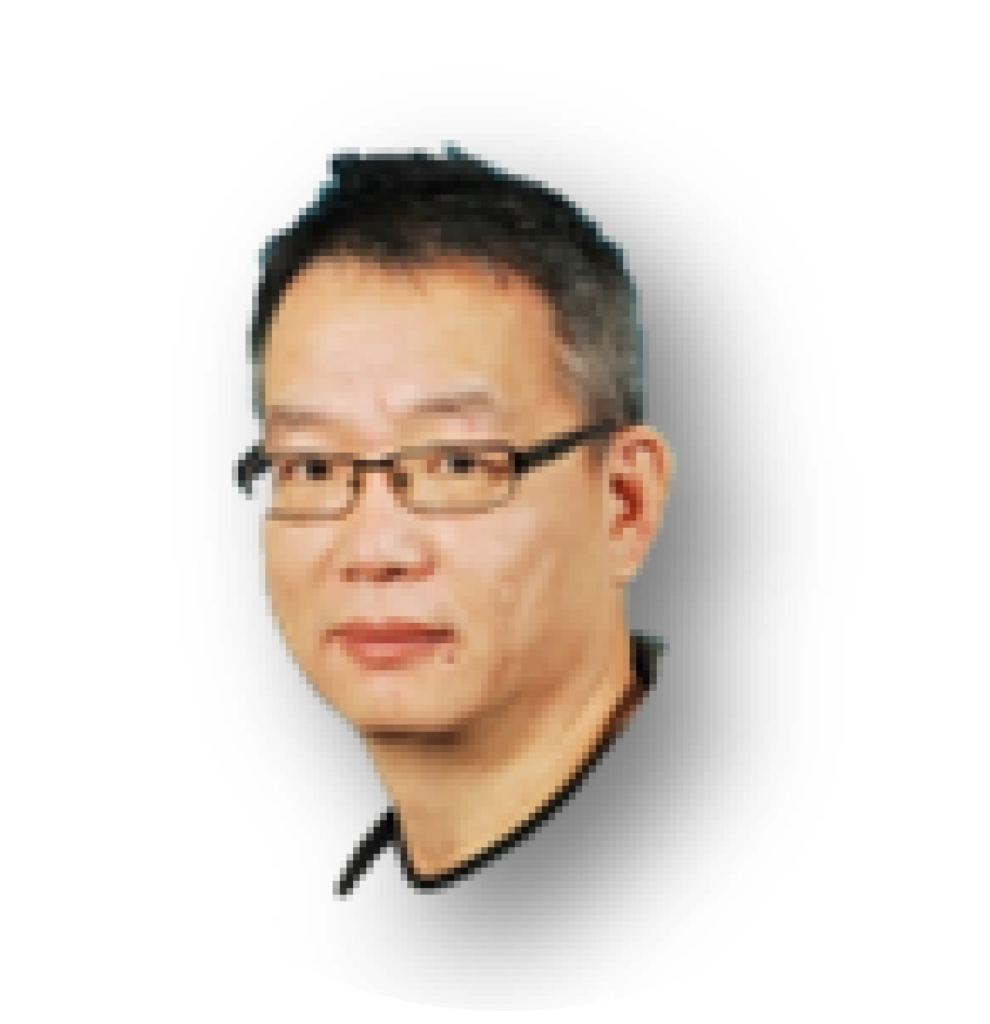
“My field of research is radiofrequency (RF), microwave and millimetre-wave devices, circuits, and antennas.“
Prof. Zhirun Hu
Click here for Prof Zhirun Hu’s research profile
Electronic Circuit Design 1
Taught by Prof. Aimin Song and Dr. Laith Danoon
Summary of the course unit:
Explore how a transistor has changed the world by understanding the most fundamental amplifying circuit.
Find the course unit details here.
About the lecturers:
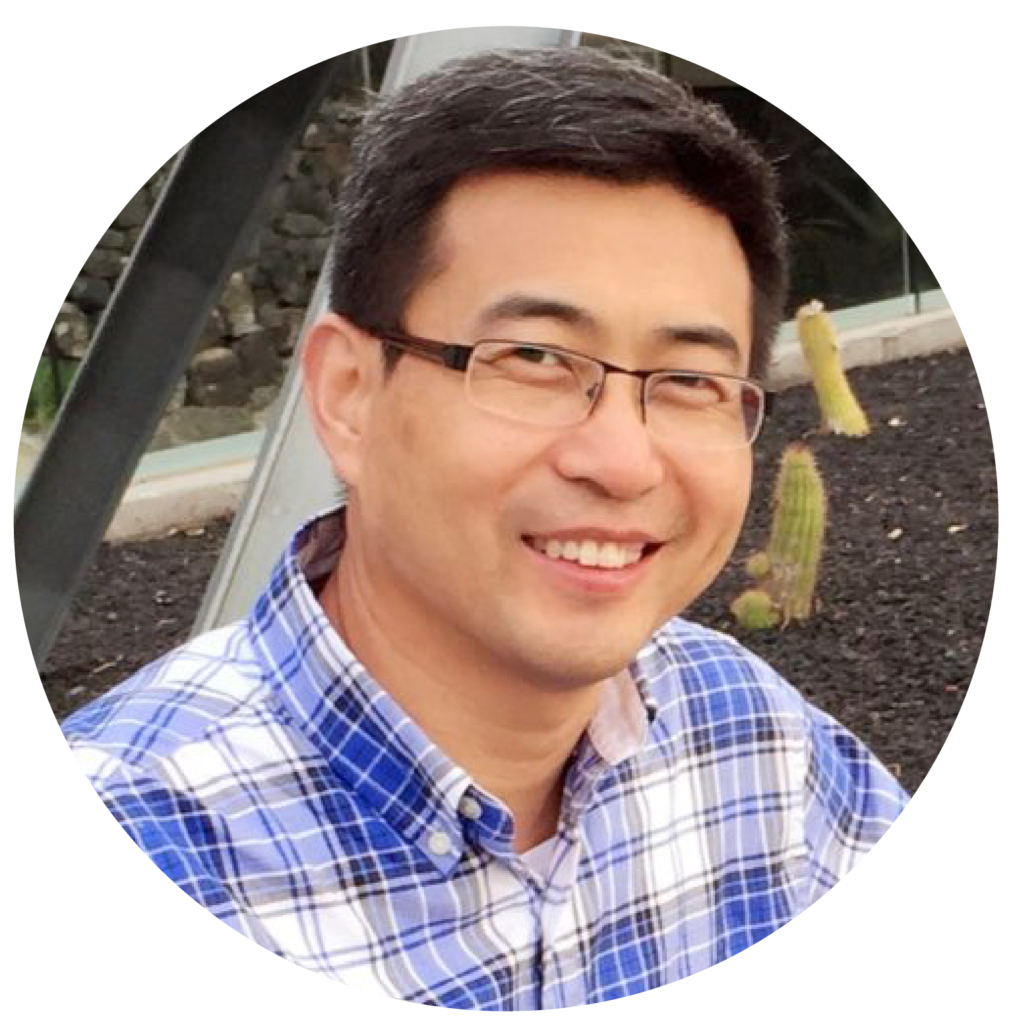
“My research is to explore new device concepts at nanometre scale or with new electronic materials. For instance, we have developed transistors with the highest amplification gain (29,000) to date and fastest flexible thin-film diodes.”
Prof. Aimin Song
Click here for Prof. Aimin Song’s research profile
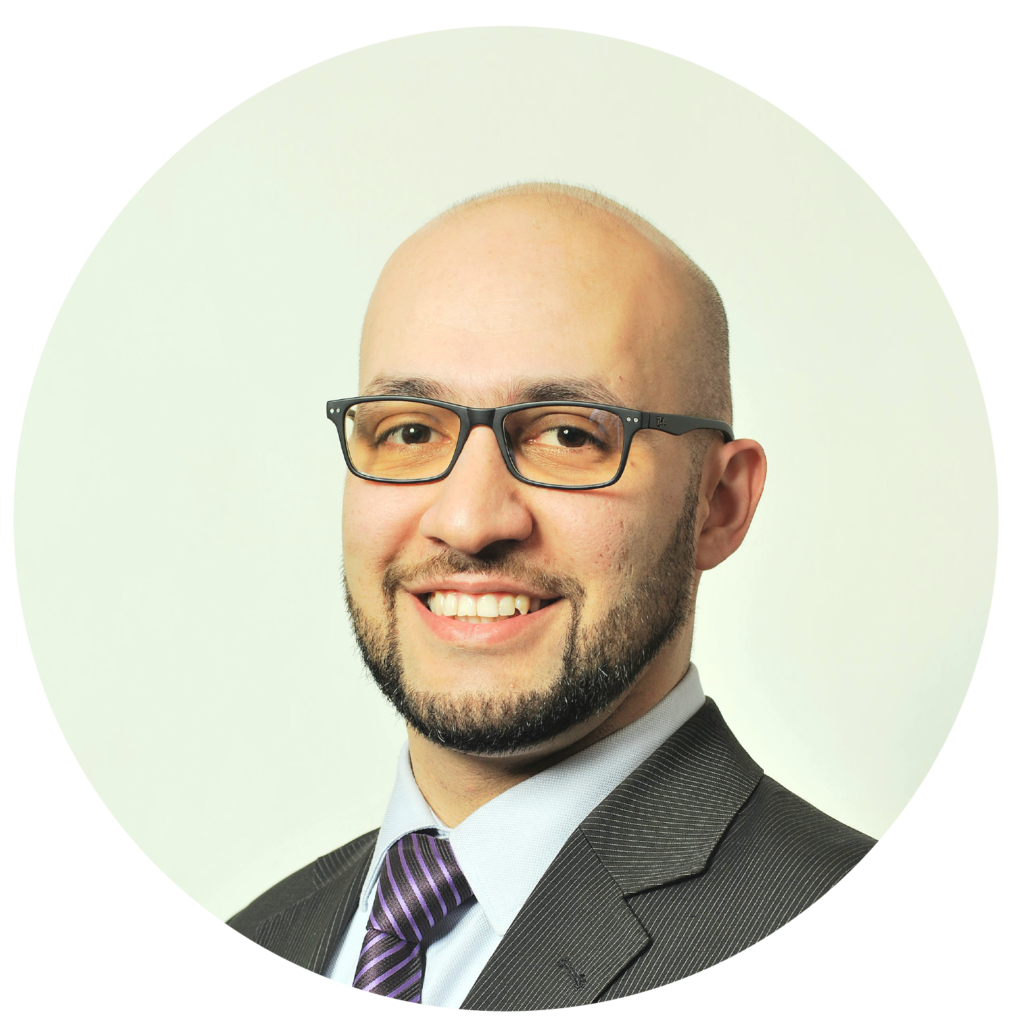
“Dr. Danoon is an award-winning engineering and research scientist specialising in radar and propagation modelling. Laith’s research covers antennas and propagation as applied to radar, wireless communications and radio astronomy instrumentation. His work on the propagation and multiple reflections of radar waves within complex environments such as wind farms has been internationally recognised within the research communities as well as various industrial partners.”
Dr. Laith Danoon
C Programming
Taught by Prof. Alex Casson
Summary of the course unit:
Programming is at the heart of all of our computer systems – programming is the process by which we tell a computer what to do so that tasks can be automated. This course introduces programming, and in particular programming in the C language. There are many different programming languages available, and C is one of the most widely used. It is a high-performance language and used for programming everything from the firmware in low-power microcontrollers, to highly complex code running on super-computers. The aim of this course is to give students an introduction to modern software engineering approaches for producing high-quality code, and entry-level proficiency in C coding for building up programs.
Find the course unit details here.
About the lecturer:
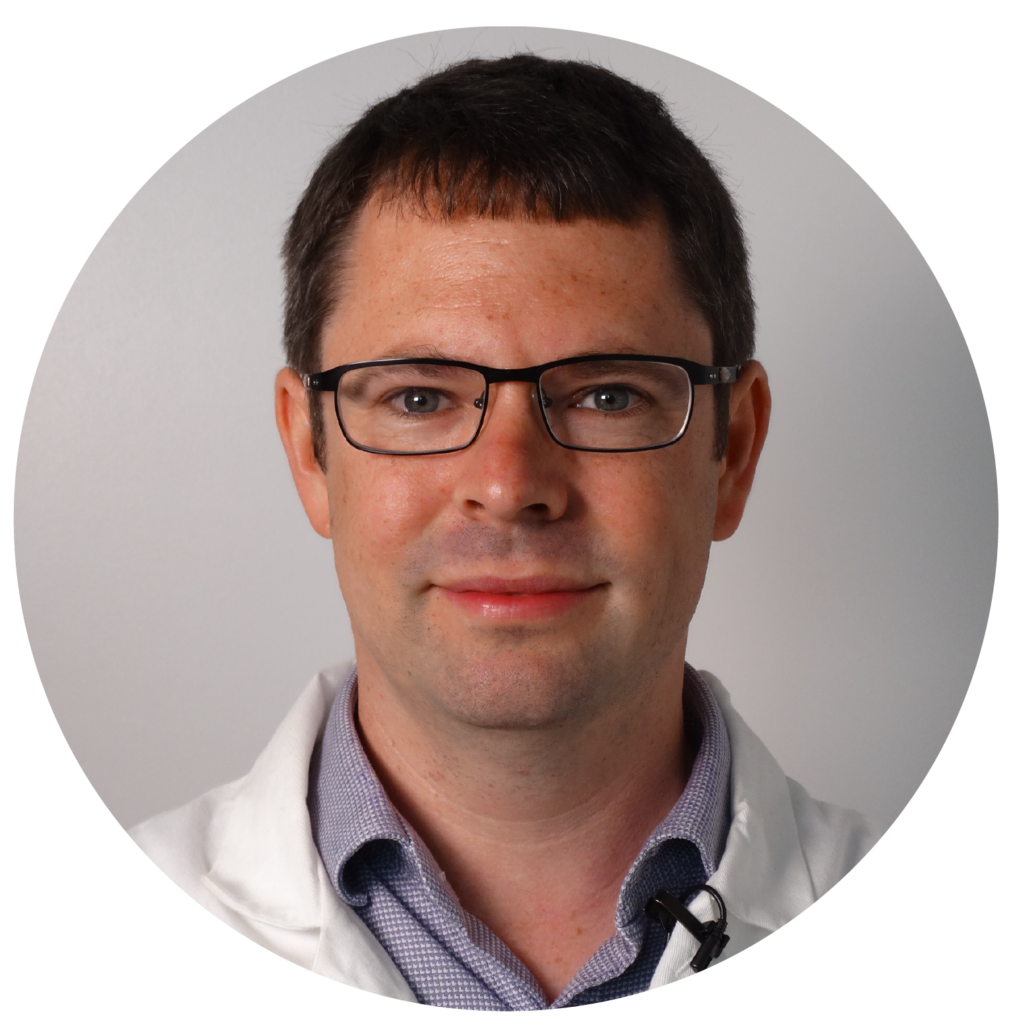
“My work focuses on wearable devices and non-invasive Brain-Computer interfaces. This spans from hardware design to real-time machine learning data analysis. Applications for this work focus on both mental health situations including chronic pain, sleep disorders, and autism, and physical health/rehabilitation applications including diabetic foot ulceration, and chronic kidney disease. I have particular interests in closed-loop systems: those which are tailored to the individual by personalised manufacturing via printing; and tailored to the individual by adjusting non-invasive stimulation (light, sound, electrical current) using data-driven responses/outputs from real-time signal processing. This work is very cross-disciplinary and in my team, there are people focused on materials/manufacturing, hardware design/firmware programming, and signal processing/machine learning. We work widely with people from other disciplines such as neuroscience, biology,
medicine, and health.”
Prof. Alex Casson
Click here for Prof. Alex Casson’s research profile


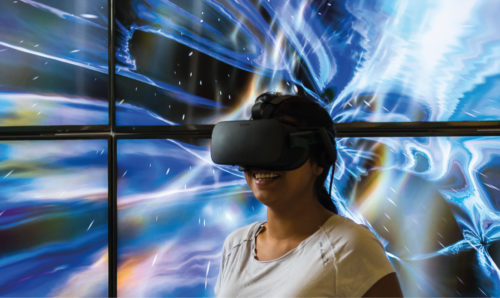
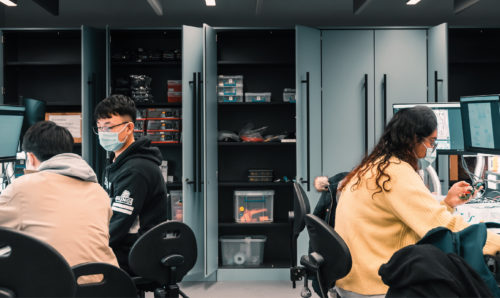
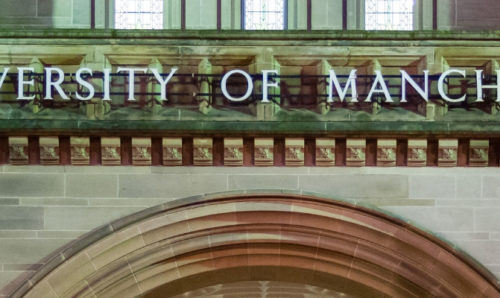
Leave a Reply